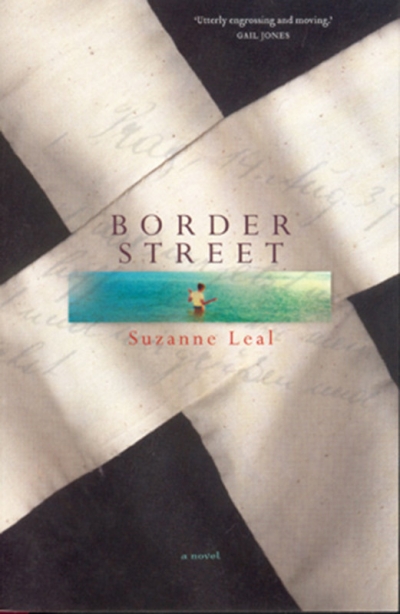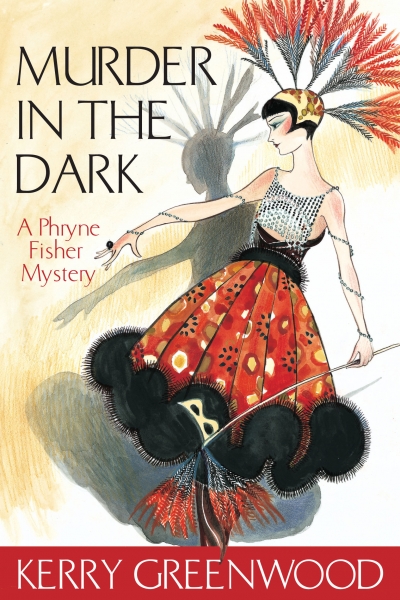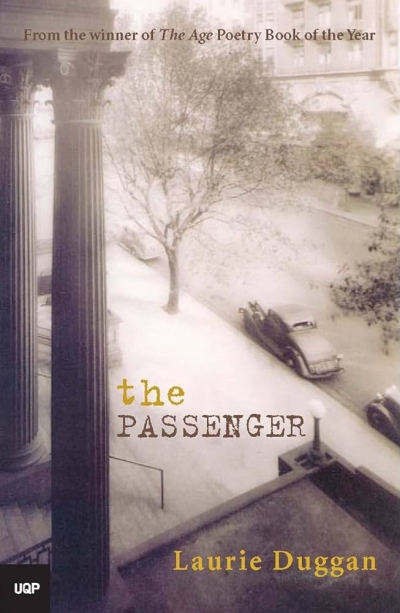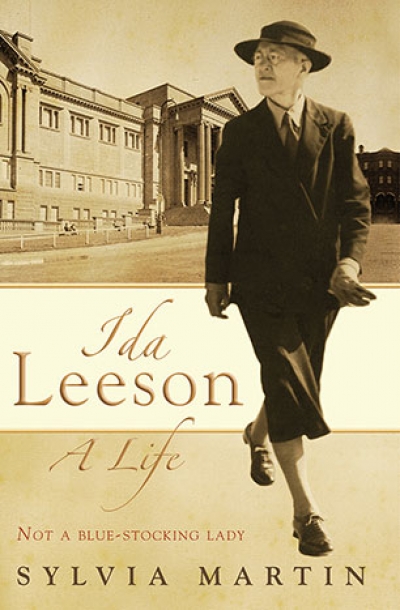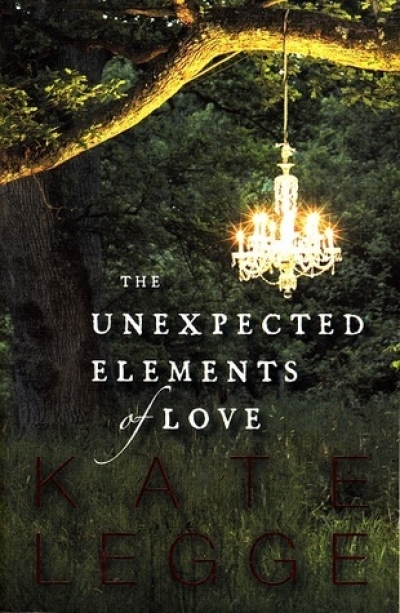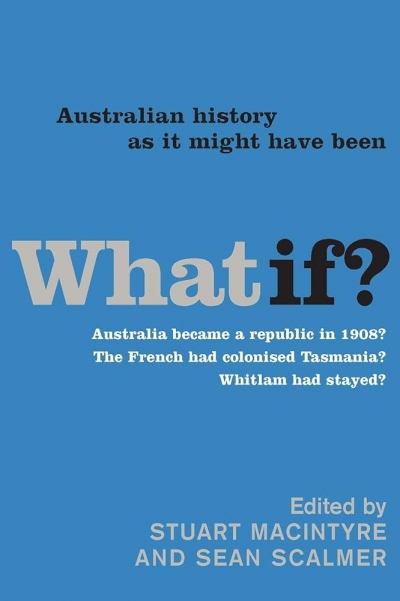Accessibility Tools
- Content scaling 100%
- Font size 100%
- Line height 100%
- Letter spacing 100%
Archive
Windchimes: Asia in Australian Poetry edited by Noel Rowe and Vivian Smith
by David McCooey •
In the 1980s, when it seemed that the situation in South Africa would never improve, debate raged about the responsibility of South African novelists to act as witnesses to, and opponents of, apartheid. Some believed that white writers, especially, should use their privileged position in the fight. Nadine Gordimer was prominent among those who felt it was essential to be, in J.M. Coetzee’s words, a ‘stripper-away of convenient illusions and unmasker of colonial bad faith’1 in the realist convention, rather than a spinner of postmodern metafictions.
... (read more)What If?: Australian history as it might have been edited by Stuart Macintyre and Sean Scalmer
by John Hirst •



